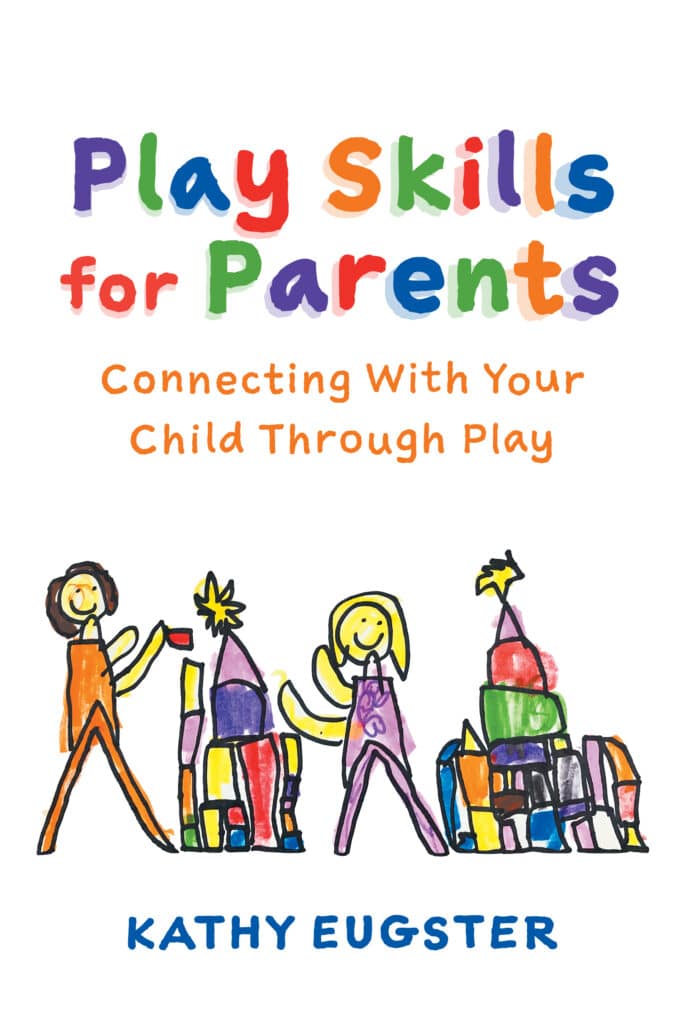Parents are often perplexed when I suggest they not worry so much about their children. While worrying is natural for most people, this doesn’t mean it’s helpful. For many parents, perpetual worrying has been unquestionably accepted as an integral part of the parenting deal, but it doesn’t have to be.
My first few years of parenting was largely fuelled by worry and concern for the well-being of my children. It’s what kept me up at night and eventually led me to doing the work I do now. Although that last part is a fulfilling outcome, my worry kept me from fully experiencing much of the joy that was right in front of me. For many years, I thought worrying was caring because they are so tightly intertwined. It took me a long while to unravel them and see that it is possible to care deeply without worrying incessantly. Not quite all of the time, but much of the time.
When caring feelings begin to tangle with feelings of worry, parenting becomes very stressful. We risk involuntarily becoming consumed by our distress, and our caring feelings may unconsciously be eclipsed by the extent of our worry. Parents’ reactions are driven by the fear of what might happen if they fail their children in some way. Nonstop worry saps our joy and drains our energy like cellphone apps running in the background and depleting the battery.
Ironically, for some parents, worrying consistently provides them with a false sense of productivity and purpose. As long as they are worrying, they feel they’re doing something, even though their anxious thoughts may not result in actively supporting children in the ways they need.
Once parents become conscious of how consumed they are by their worry, they begin to see how much valuable energy has been wasted on anticipating the worst and trying to predict and control the future. Changing our worry-fuelled ways starts with noticing when we’re doing it. This awareness naturally leads us to start taking charge of our thoughts, and with time, we begin channelling our energy in more helpful and constructive ways.
All that said, a little bit of worry is not only healthy, it can also be very helpful. Just the right amount of concern doesn’t overwhelm and can provide the impetus needed to motivate parents to seek insight, change their ways, and become the parents their children need them to be. It can also be the source of the inspiration needed to get exhausted parents to keep showing up for their children and not give up, even when they think they can’t possibly go on. How much worry is just enough? Well, that depends on the individual. Each of us need to decide how much worry is helpful and how much is hurtful.
Here’s what you can do…
Pay attention to your thoughts and try to notice how often you are mistaking incessant worrying for deep caring. When you are parenting from a place of fear you can’t help but become controlling and prescriptive under the guises of caring, but your fear-driven actions may not be experienced by your child as loving or supportive. If you catch yourself worrying, try to redirect your focus on identifying the need that may be driving their concerning behaviour and put your energy toward meeting that.
If you are struggling with overwhelming feelings of worry or anxiety, consider seeking the support of a professional counsellor or therapist.
Parenting affirmation
I recognize that I do not have to worry in order to be caring.
Excerpt from: “What Young Children Need You to Know: How to see them so you know what to do for them“ (May 4, 2020)
Bridgett Miller is a preschool and elementary teacher, remedial therapist, presenter, and parent consultant. She is an Authorized Facilitator of the Neufeld Institute and the creator of Look with Love on Facebook and Instagram. Find her at www.bridgettmiller.com.










